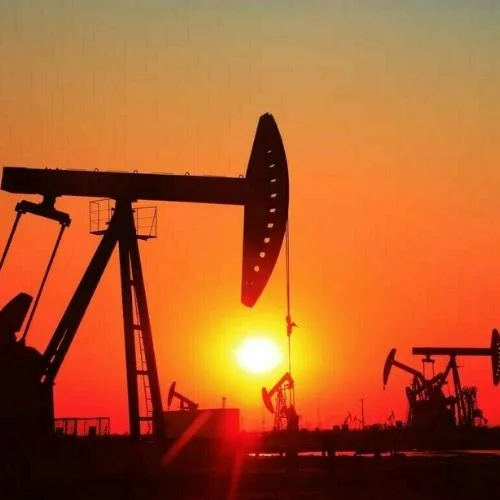Vedanta Resources’ founder, Anil Agarwal, has used Twitter to stress the significance of increasing domestic exploration and production in India.
He said that such an increase would result in more employment being created and would aid in the battle against poverty.
The founder of Vedanta said in a series of tweets that India today spends $122 billion on oil and gas imports, which account for 90% of our requirements. We will increase domestic exploration and production in order to provide employment opportunities and combat poverty.
Agarwal pointed out, “Even though we are making incredible progress towards renewable energy, it cannot fully satisfy our expanding need.” We must examine our oil and gas industry to ensure India’s energy security.”
He said, “With the assistance of international corporations, India may realize its full potential despite the fact that 75% of its oil reserves remain untapped. They are searching for investment possibilities with $3 trillion in cash on hand.”
Previously, at the Indian Energy Week, an important occasion during India’s G20 Presidency, the CEOs of international and Indian energy corporations met with Prime Minister Narendra Modi to talk about prospective prospects in the energy industry.
The need of switching to more renewable and sustainable energy sources must be understood, though.
For the fifteenth straight month, gasoline consumption increased year over year, rising more than 5% to 4.82 million barrels per day (18.5 million tonnes) in February. According to Reuters, the demand was the greatest ever seen in data gathered by the Petroleum Planning and Analysis Cell (PPAC) of the Indian Oil Ministry dating back to 1998.
According to official projections, fuel consumption, a proxy for oil demand, may increase to 233.8 million metric tons in 2023–24 from the revised estimate of 222.9 million metric tons for the current fiscal year ending in March.
According to the statistics, domestic demand for gasoline, which is mostly used in passenger cars, is anticipated to increase by 7.1% to 37.8 million tonnes, while gas oil consumption was projected to increase by roughly 4.2% to 90.6 million tonnes.















